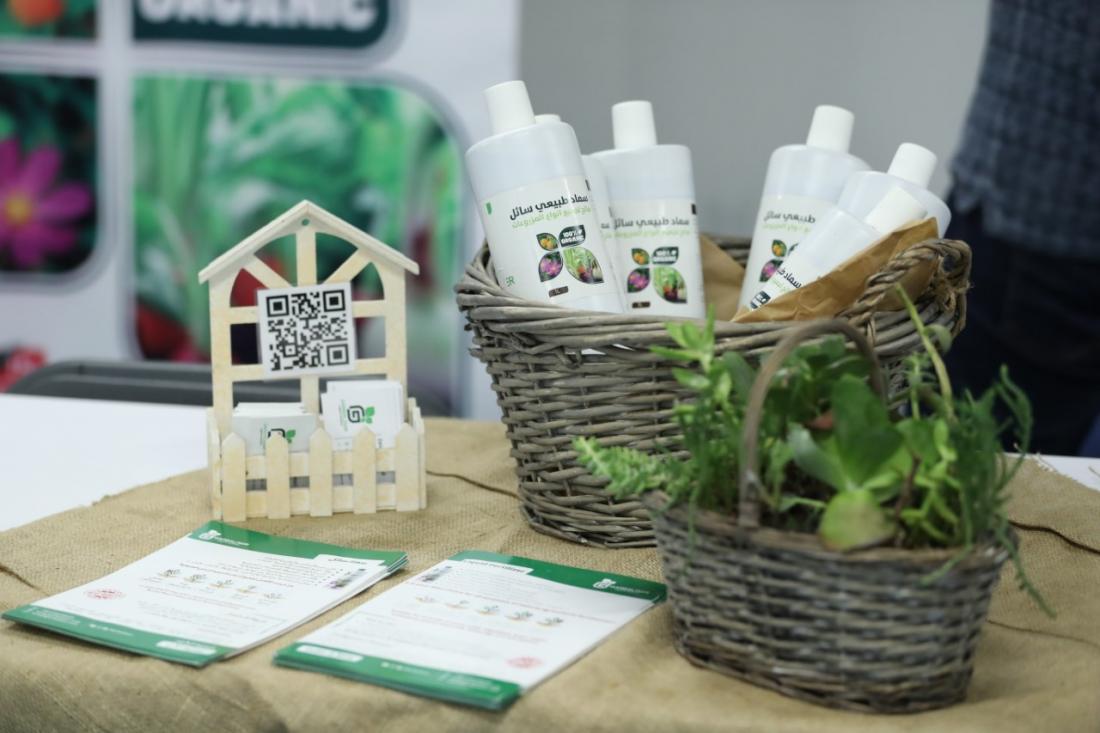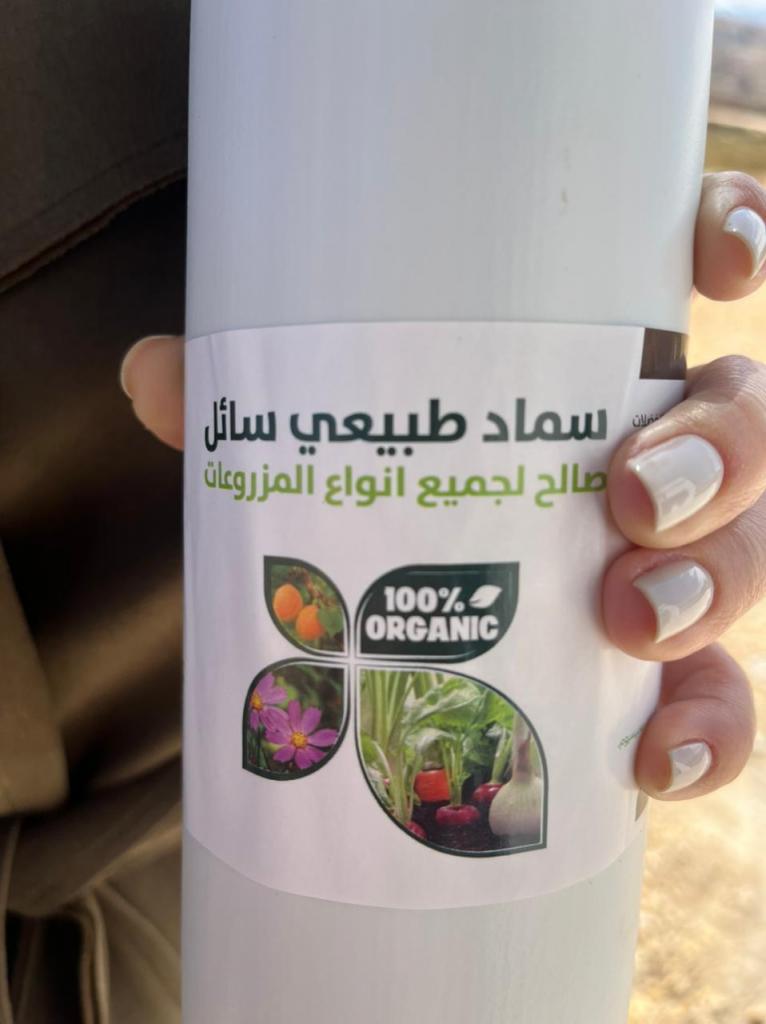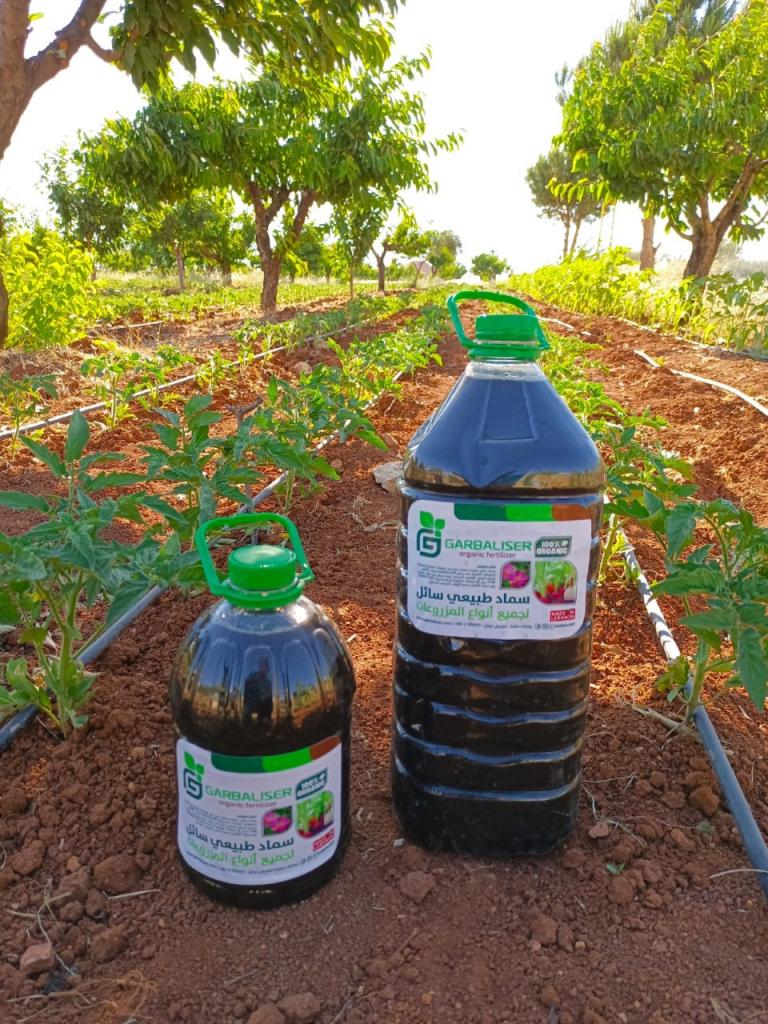GIMED: Transforming organic waste from vegetables and animals into natural fertilizers, a zero chemical solution in Lebanon

Garbaliser is the name of a Lebanese start-up specialized in producing high-quality natural fertilizers using advanced fermentation technology. Established in Baalbek in 2022, this start-up transforms organic waste (vegetable remains and animal manure) into liquid organic fertilizers. With the aim of improving crop quality and yield while being environmentally safe, their products are formulated and produced in their own production line using natural aerobic and anaerobic fermentation processes.
“Our factory process ends with zero waste, and we can benefit from the gas produced in generating energy”
“One of our main objectives is to have a positive social impact, which we accomplish through increasing people’s awareness and encouraging them to sort from source”, says Zeinab Ismail, the electrical engineer and young entrepreneur co-founding this idea together with Hanan Ismail. She is deeply committed with encouraging local farmers to utilize locally produced organic natural fertilizers and prevent pollution. This start-up has been selected by Berytech, the GIMED partner in Lebanon, to take part in our ENI CBC Med project in order to be able to launch the product and access the markets.
Actually, Garbaliser is working to replicate their model in different regions, as well as benefiting from methane gas in the production of energy. The result after their fermentation processes is a 100% blend of plant nutrients, with zero chemicals or synthetic substances added, that can be used to maintain natural soil fertility or enhance crops. “GIMED gave us the skills we needed to bridge a gap in our knowledge, enable us to grow our business and learn the most effective strategies for being practically sustainable”, recognises Ismail.



In the trainings organised by GIMED, they learnt tips and tools for things like sales strategies, eco-design, operational structure, business operation, finance and how to pitch in front of a jury. They have constructed a fertilizer factory that can turn 2 tons of organic leftovers per day into liquid fertilizer. “Our factory process ends with zero waste, and we can benefit from the gas produced in generating energy”, she explains.
The main obstacle they have faced in the launch of this start-up was in a village where locals still do not accept women starting new ideas. As a result, they did not receive support from the municipality. However, they fought through this and overcame the challenges until the municipality gave them support. “Along with the ability to create a high-quality product from organic waste, this industry also needs to consider how well consumers will accept it and how much the government will support it”, she says pointing out the importance of policy-making.







